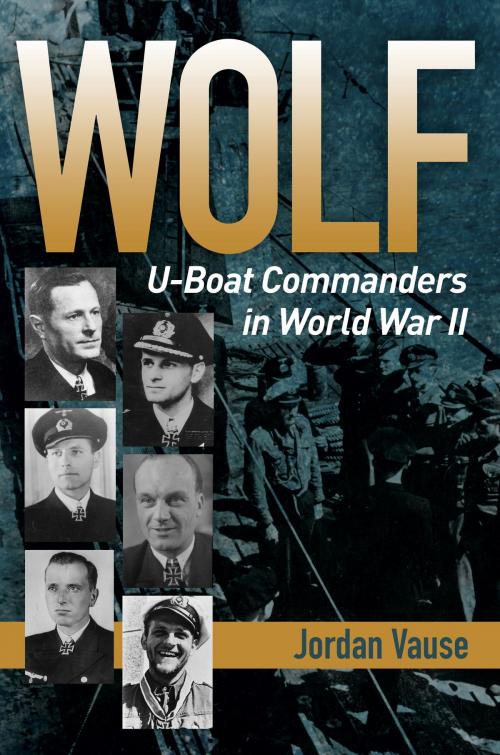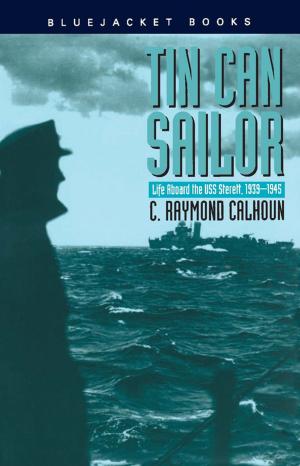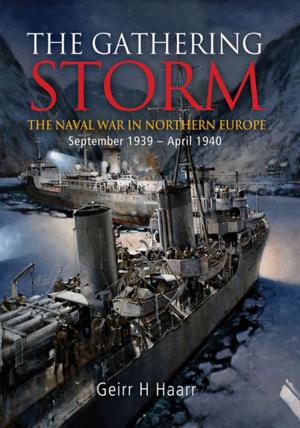| Author: | Vause | ISBN: | 9781612517599 |
| Publisher: | Naval Institute Press | Publication: | February 15, 2017 |
| Imprint: | Naval Institute Press | Language: | English |
| Author: | Vause |
| ISBN: | 9781612517599 |
| Publisher: | Naval Institute Press |
| Publication: | February 15, 2017 |
| Imprint: | Naval Institute Press |
| Language: | English |
Cultivated by the Allied press during the war and fostered by movies and novels ever since, the image of a U-boat skipper held by most Americans is the personification of evil: the wolf who stalks innocents. Quite the opposite image is shared by U-boat veterans and others sympathetic to their work: the knight who endures unrivaled danger and fights nobly. Yet another popular image depicts the submarine operator as a beleaguered sailor swept along by events beyond his control. This book examines the lives of many U-Bootwaffe officers, including the famous and the not-so-well known, to see if a pattern emerges.
Drawing on a wealth of primary documents and, when possible, interviews or correspondence with the U-boat commanders themselves, Jordan Vause follows individual officers from their youths and early naval training through their wartime experiences and into the often bitter peace that followed. His close examination of their lives reveals that many were extremely different from the pictures typically drawn of them and as varied in their thoughts and actions as other fighting men on both sides of the war. Particularly valuable is the author's use of new information in his portrayal of Karl Doenitz and other prominent commanders to correct and enhance pictures presented in earlier books. His use of personal correspondence and unpublished manuscripts loaned to him in Germany adds special significance to this study and its appeal to all those interested in World War II, submarines, and the U-Bootwaffe.
Cultivated by the Allied press during the war and fostered by movies and novels ever since, the image of a U-boat skipper held by most Americans is the personification of evil: the wolf who stalks innocents. Quite the opposite image is shared by U-boat veterans and others sympathetic to their work: the knight who endures unrivaled danger and fights nobly. Yet another popular image depicts the submarine operator as a beleaguered sailor swept along by events beyond his control. This book examines the lives of many U-Bootwaffe officers, including the famous and the not-so-well known, to see if a pattern emerges.
Drawing on a wealth of primary documents and, when possible, interviews or correspondence with the U-boat commanders themselves, Jordan Vause follows individual officers from their youths and early naval training through their wartime experiences and into the often bitter peace that followed. His close examination of their lives reveals that many were extremely different from the pictures typically drawn of them and as varied in their thoughts and actions as other fighting men on both sides of the war. Particularly valuable is the author's use of new information in his portrayal of Karl Doenitz and other prominent commanders to correct and enhance pictures presented in earlier books. His use of personal correspondence and unpublished manuscripts loaned to him in Germany adds special significance to this study and its appeal to all those interested in World War II, submarines, and the U-Bootwaffe.















